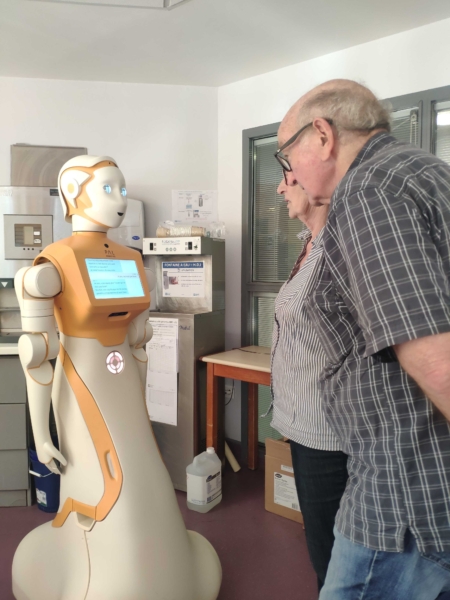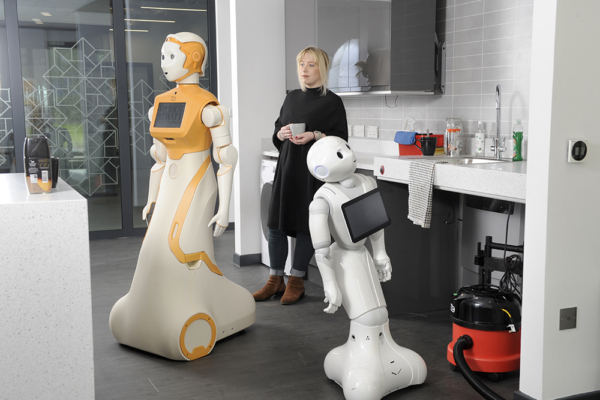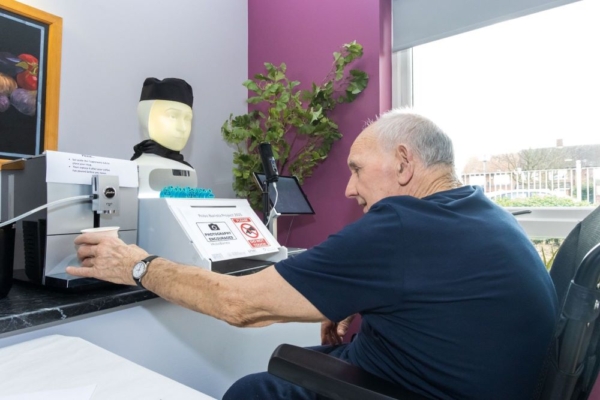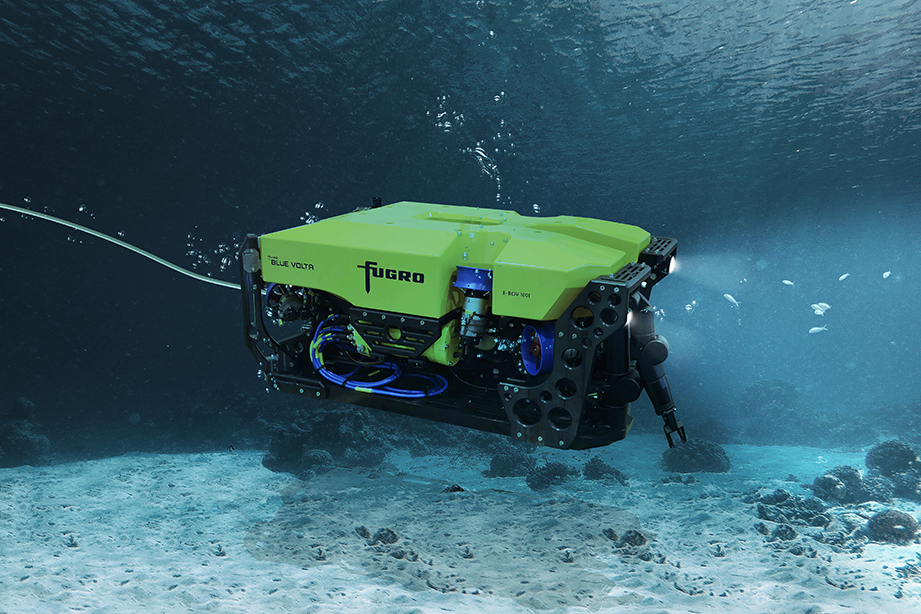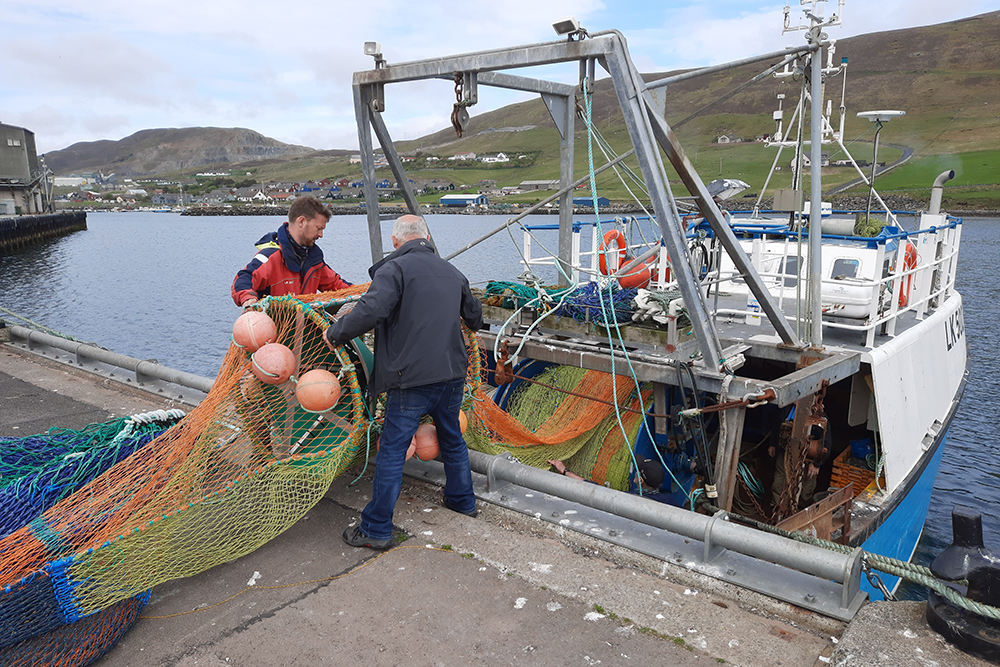RoboBarista
Researchers at the National Robotarium partnered with North East England housing provider North Star Housing to test how conversational robotics can be adopted to tackle loneliness.
PhD student Bruce Wilson, Assistant Professor of Computer Science Dr Theo Georgiou and Research Associate David Robb, installed an AI-empowered Furhat robot into North Star’s communal bistro area, where it conversed with residents and their visitor while taking orders and preparing hot drinks. To enable the robot to engage in meaningful conversations with residents, it was programmed with information about the local area, its history and local celebrities, as well as updates on activities taking place, encouraging residents to participate and socialise with each other.



